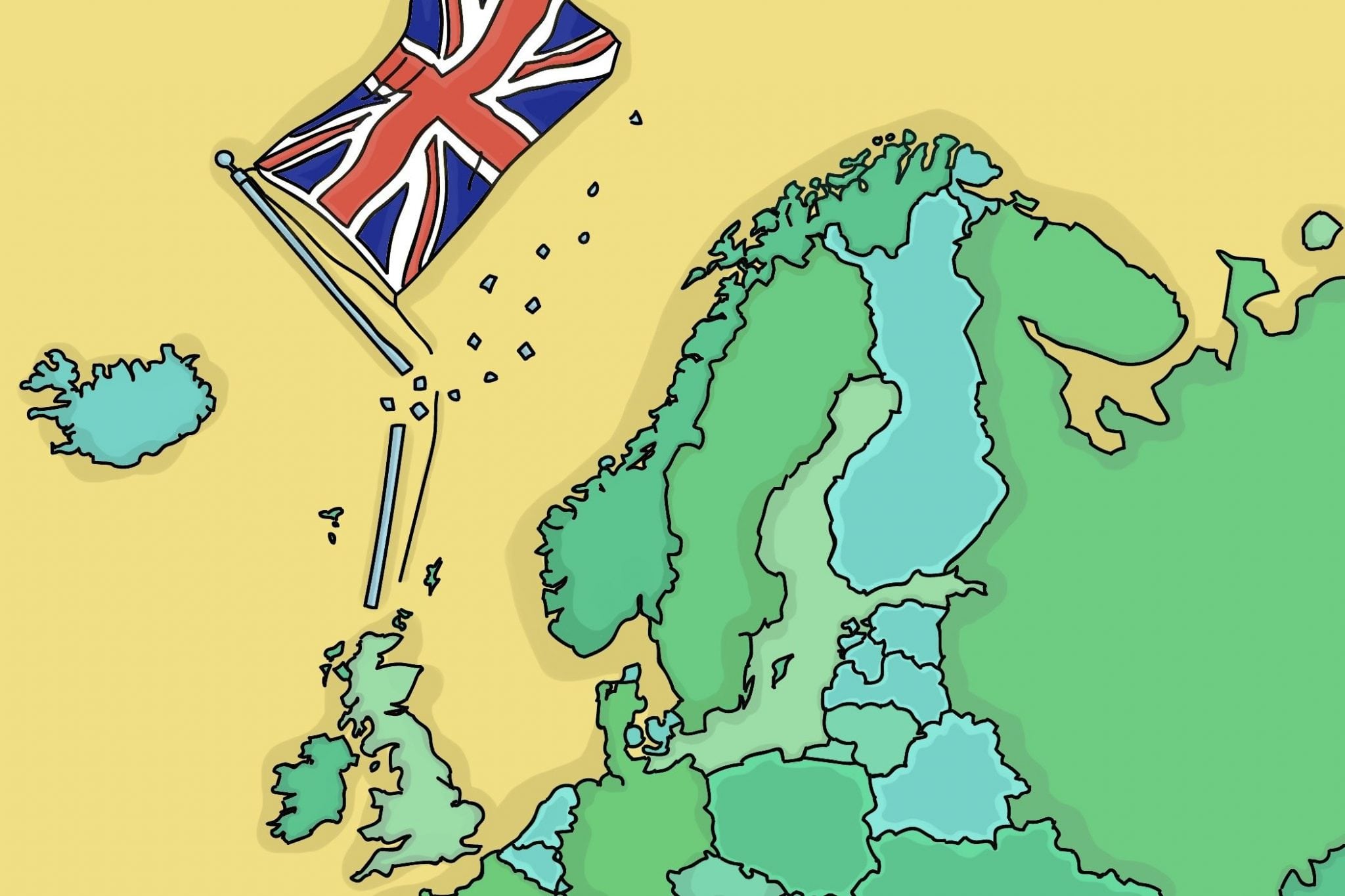Skift Take
Despite being the world’s largest tourism market, there’s a sense that things are changing for Europe. While other regions are catching up, Europe is going through a period of upheaval. The specter of terrorism, the destabilizing Brexit vote, and upcoming elections all mean that 2017 is going to be a pivotal year.
This month we released our annual travel industry trends forecast, Skift Megatrends 2017. You can read about each of the trends on Skift, or download a copy of our magazine here.
Download Your Copy of Skift Megatrends 2017
Europe is at a crossroads. The UK’s Brexit vote, terrorist attacks, and the continuing migration crisis have all contributed to a feeling of malaise across the continent.
At the same time, it remains a major tourist destination. In 2015, according to figures from the United Nations World Tourism Organization (UNWTO), Europe welcomed 608 million international tourists — twice as many as nearest challenger Asia and the Pacific. Seven of the world’s top 10 destinations are in Europe, as are five of the biggest outbound markets.
But those statistics don’t tell the full story. Although numbers have continued to increase over the years, other areas are outpacing Europe in terms of growth, and perhaps more importantly, Europe’s share of the travel pie has declined. In 1990 it represented 60.1 percent of the world’s total; last year it was down to 51.2 percent.
Early numbers for 2016 in Europe also aren’t promising. While some countries such as Spain have seen double-digit percentage increases, the likes of France, Belgium, and Turkey have struggled.
Not only is this likely to continue with the growth in popularity of other regions but also because of the myriad challenges facing Europe in 2017.
The UK’s narrow vote in favor of leaving the European Union has led to a great deal of soul-searching. The country is the fourth biggest outbound tourism market in the world and each year welcomes more than 30 million tourists — Brexit threatens both of these points.
Already the value of the pound against the euro has plummeted, making it much more expensive for outbound UK tourists to travel to popular beach destinations such as Spain and Greece.
New Prime Minister Theresa May has yet to fully relay what the relationship with the rest of Europe will be after the UK leaves. A departure date of 2019 has been suggested, but that gives just a two-year window to negotiate agreements in areas such as aviation and visas — both crucial to the travel industry.
Of course the devaluation of the pound makes the country more appealing to visit, but a lack of progress on reforming visas for Indian and Chinese visitors means the country is missing out on much-needed revenues.
Continental Europe is still reeling from a series of devastating terrorist attacks over the past year with some areas still yet to fully recover.
In November 2015, 130 people were killed in Paris, including 89 at the Bataclan theater, and in March 2016, 32 people were killed in coordinated suicide bombings in Brussels.
While the French capital has suffered from a number of other issues, including floods and transit strikes, it’s likely that the threat of terrorism contributed significantly to the fact that it welcomed a million fewer visitors in the period between January and June 2016.
Terrorism and political instability also caused a terrible year for tourism in Turkey. The destination is a key outbound market for countries such as the UK and Germany, and tour operator Thomas Cook said bookings had plunged by 40 percent.
Europe is also still coming to terms with a continent-wide refugee crisis. Migrants fleeing wars in Syria, Libya, Afghanistan, and Iraq continue to arrive in search of a better life. Although numbers decreased in 2016 compared with 2015, authorities are still facing a massive relocation challenge.
Adding to the cocktail of issues facing Europe are elections in two of its biggest countries, which have the power to greatly alter the continent’s direction, and potentially its tourism industry.
German Chancellor Angela Merkel is up for re-election in the second half of the year, and in France, far-right nationalist Marine Le Pen is hoping to ride a similar populist wave as Donald Trump and the pro-Brexit vote.
Individually these factors are not insurmountable for a mature tourism market such as Europe, but together they have the potential to cause a massive headache for the travel industry in 2017.
Download Your Copy of Skift Megatrends 2017

The Daily Newsletter
Our daily coverage of the global travel industry. Written by editors and analysts from across Skift’s brands.
Have a confidential tip for Skift? Get in touch
Tags: brexit, megatrends 2017, security

